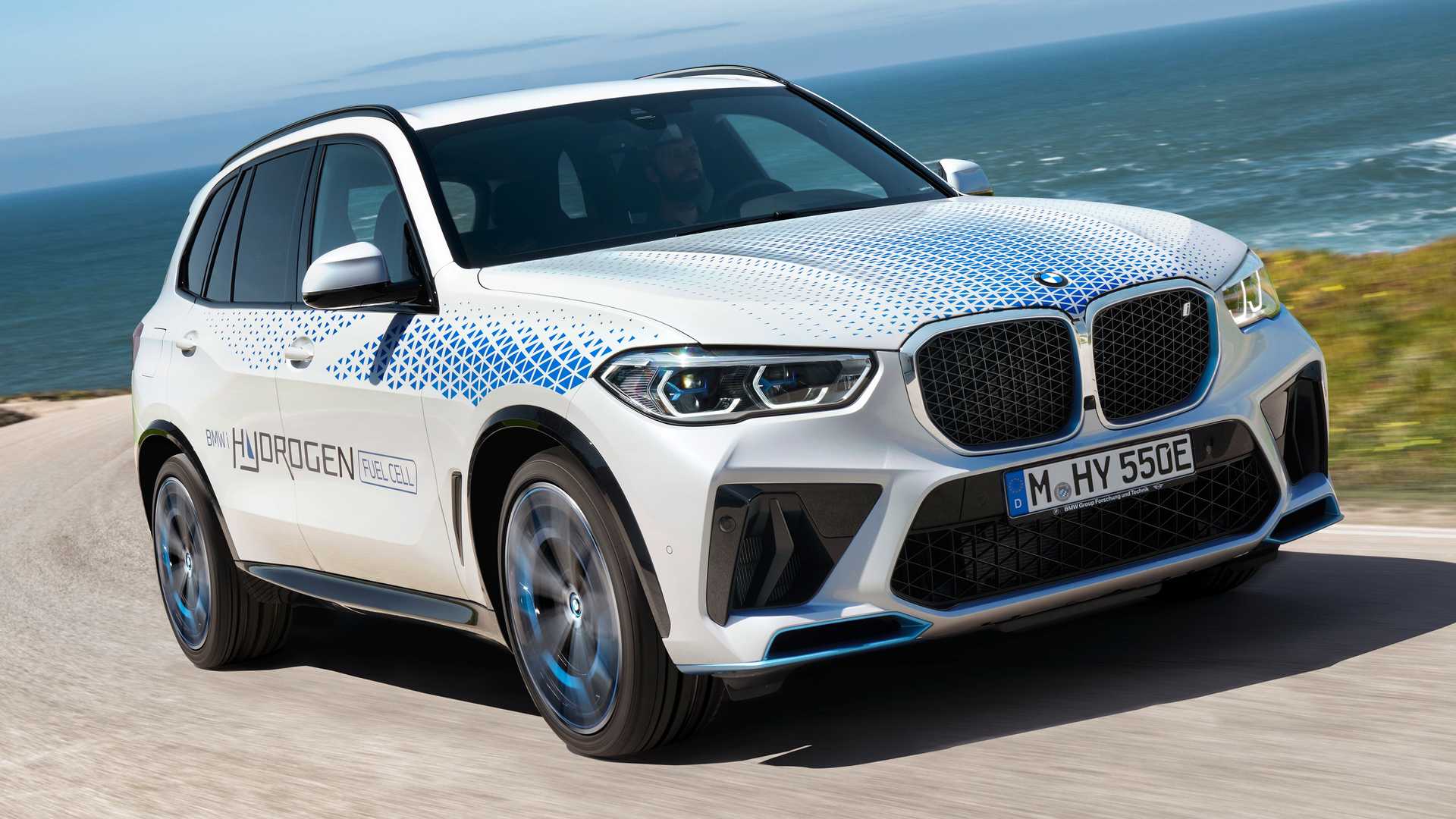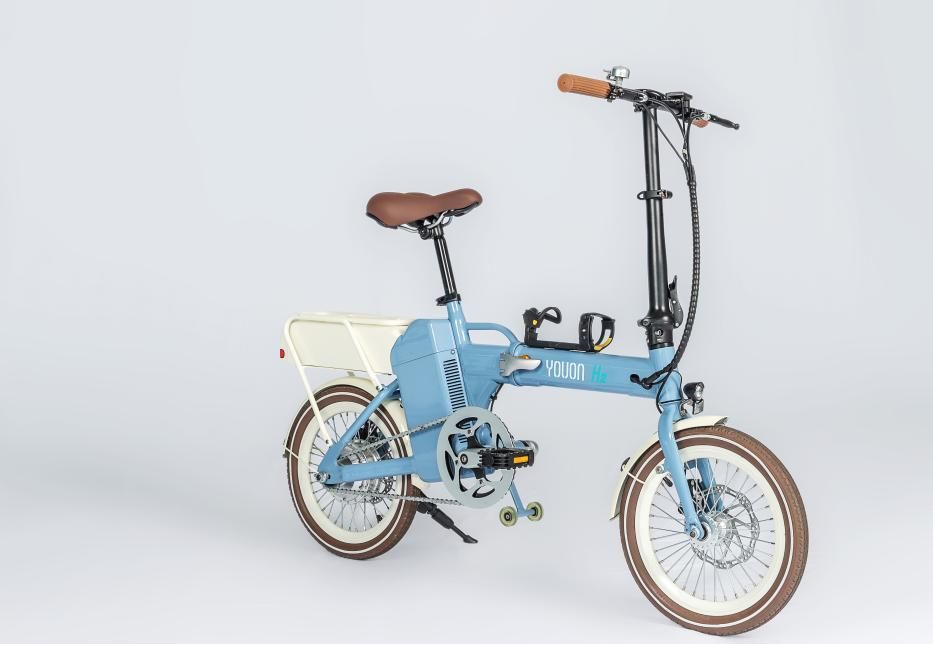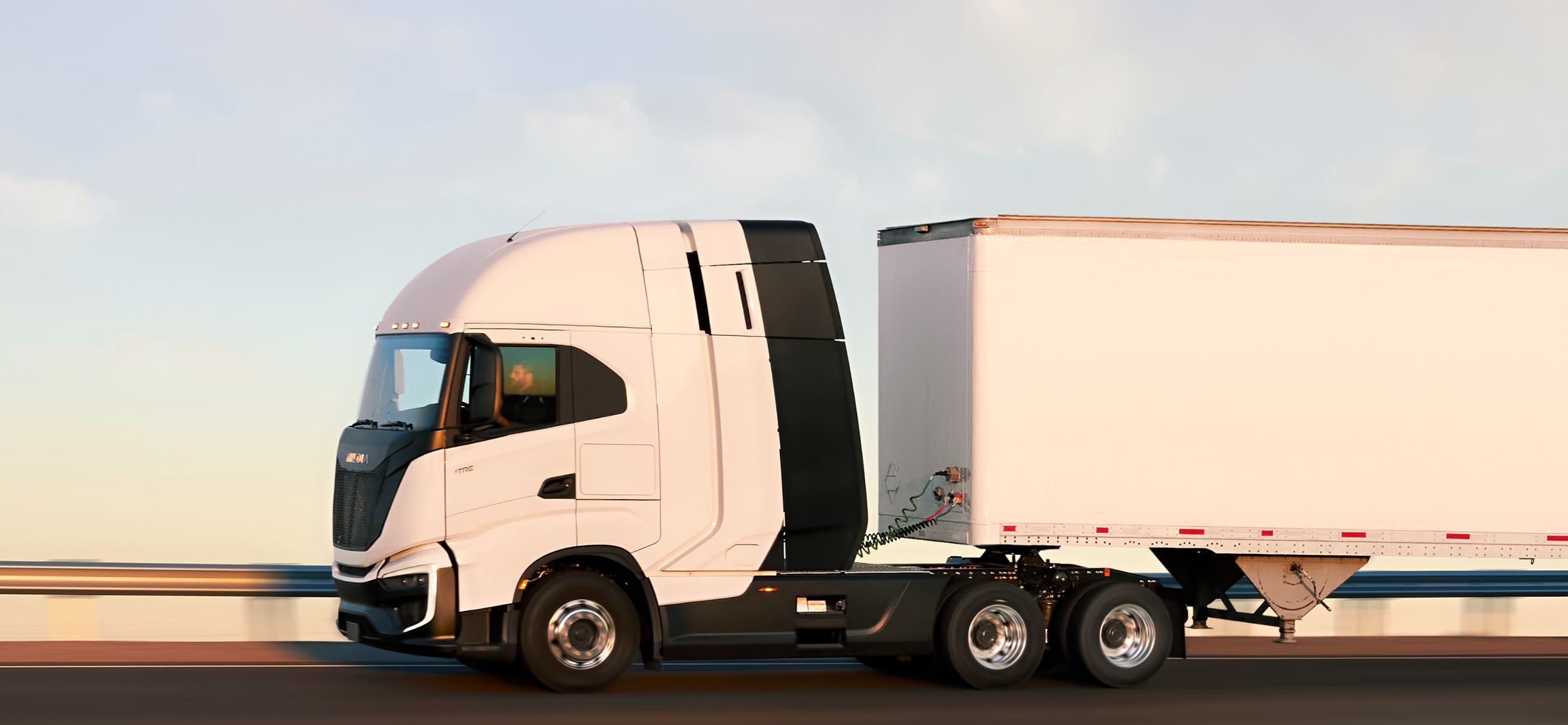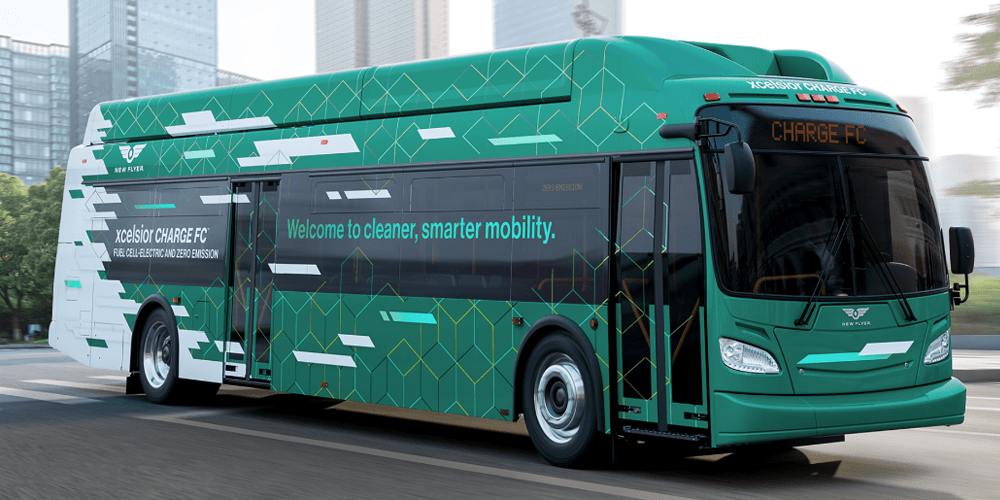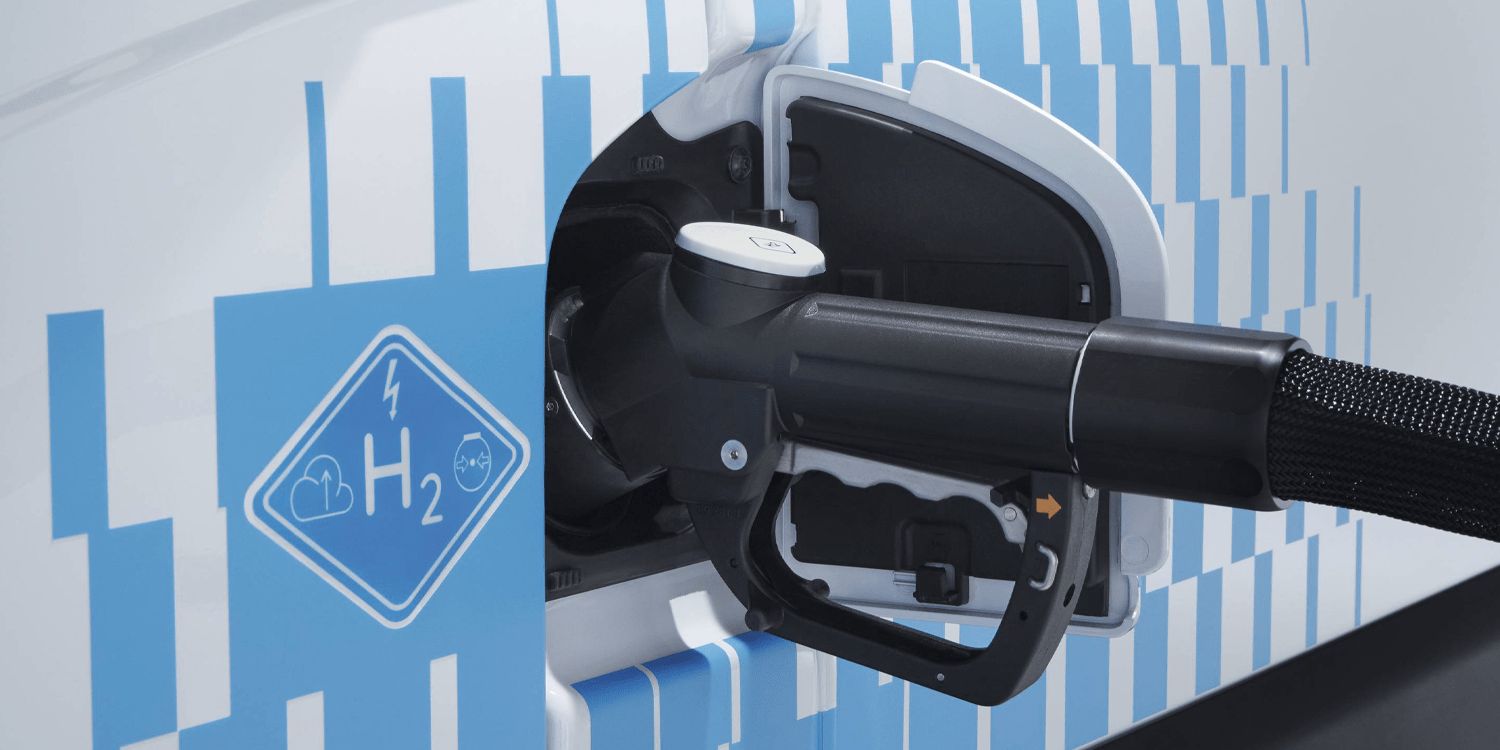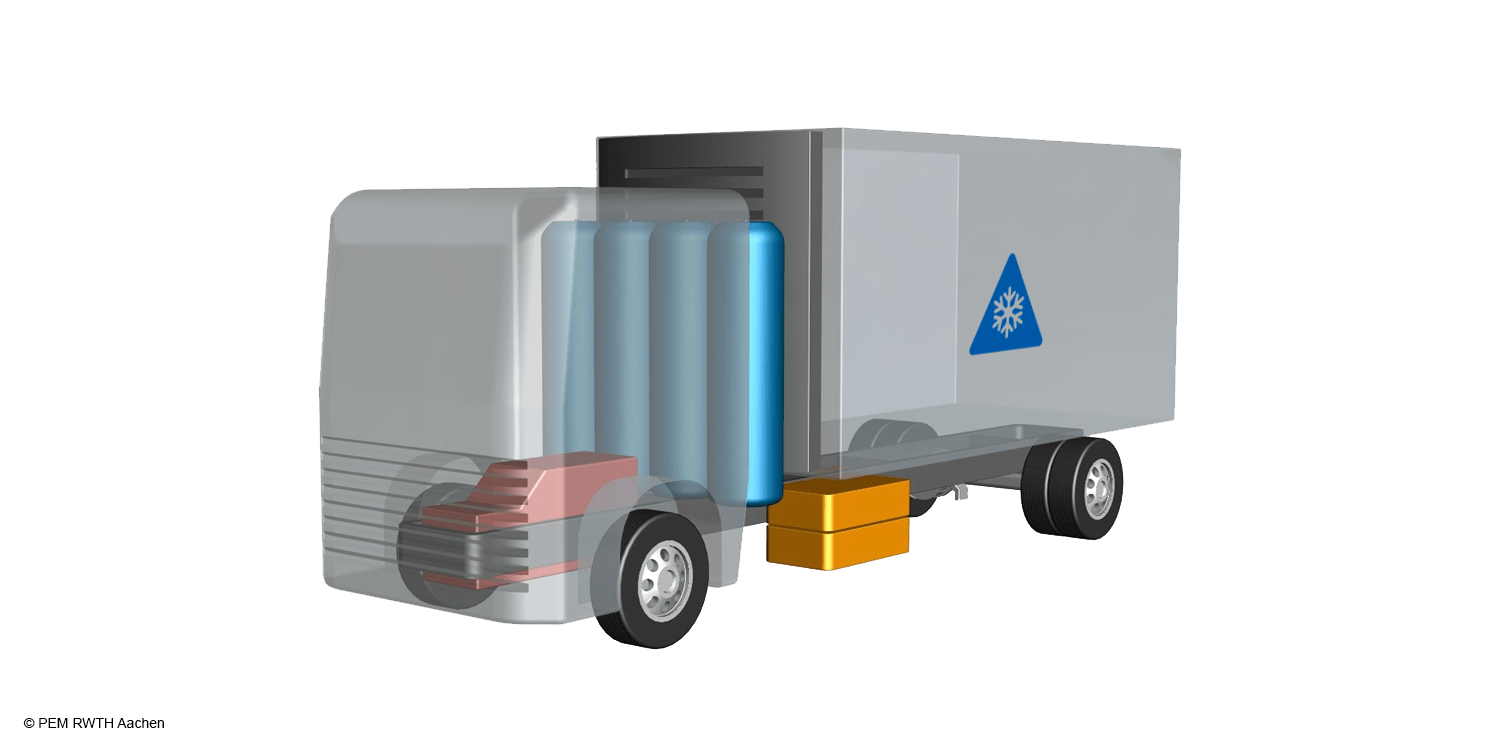German automotive giant BMW has launched a pilot fleet of hydrogen vehicles, featuring the BMW iX5 Hydrogen, which uses fuel cells sourced from Toyota. The car is being assembled at a facility in Munich and can reach a top speed of over 112 miles per hour.
The vehicle stores hydrogen in two tanks and can be refueled in just three to four minutes, with a range of 313 miles in the Worldwide Harmonised Light Vehicle Test Procedure (WLTP) cycle. BMW plans to enter the car into service in 2023 for demonstration and trial purposes for various target groups.
See also: BMW start production od small-series BMW iX5 Hydrogen
According to BMW CEO Oliver Zipse, “hydrogen is the missing piece in the jigsaw when it comes to emission-free mobility.” Zipse believes that hydrogen is a versatile energy source and has a crucial role to play in climate protection. He also describes hydrogen as “one of the most efficient ways of storing and transporting renewable energies.”
BMW is one of several companies investigating the potential of hydrogen, including Toyota and Hyundai. However, some high-profile figures in the automotive industry, such as Tesla CEO Elon Musk, are skeptical of hydrogen’s potential. Despite this, the International Energy Agency recognizes hydrogen as a versatile energy carrier with applications in various sectors, including industry and transport.
See also: Hydrogen cars can compete with battery electric vehicles, BMW CEO says
In his statement, Zipse emphasizes the need to accelerate the transformation of the mobility sector, stating that “one technology on its own will not be enough to enable climate-neutral mobility worldwide.” BMW’s launch of a pilot fleet of hydrogen vehicles is an exciting step toward achieving emission-free mobility and driving the transition toward sustainable energy.

